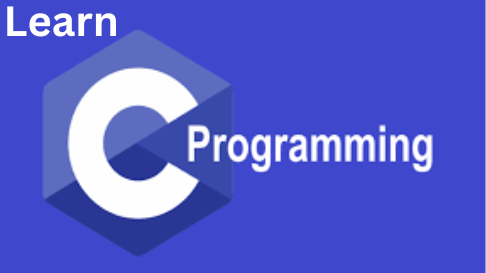What is c++ ?
.png)
Example: Hello World in C++
cpp#include <iostream>
int main() {
// This is a comment
std::cout << "Hello, World!" << std::endl; // Output "Hello, World!"
return 0; // Return 0 to indicate successful program execution
}Here are some key characteristics and aspects of C++:
Object-Oriented: C++ is a powerful object-oriented programming language. It supports key OOP concepts such as classes, objects, inheritance, polymorphism, and encapsulation. These features allow you to model real-world entities as objects with associated data (attributes) and behaviors (methods).
Multi-Paradigm: C++ is often referred to as a "multi-paradigm" language because it supports multiple programming styles, including procedural, object-oriented, generic, and functional programming.
Efficiency: C++ is known for its efficiency and performance. It allows for fine-grained control over memory management, making it suitable for applications where performance is critical.
Standard Template Library (STL): C++ includes the STL, which provides a collection of pre-built data structures (e.g., vectors, lists, maps) and algorithms (e.g., sorting, searching) that simplify common programming tasks.
Portability: C++ code can be written to be highly portable, allowing it to run on various platforms and architectures with minimal modifications.
Legacy Codebase: Many existing software systems and libraries are written in C++ or rely on C++ components, making it important for maintenance and integration.
Cross-Platform Development: C++ can be used to develop applications that run on multiple platforms, including desktop, mobile, and embedded systems.
Active Community: C++ has a large and active community of developers who contribute to libraries, frameworks, and tools, making it easier to find solutions to common problems.
Standardization: C++ is continually evolving through the ISO/IEC standardization process. New standards, such as C++11, C++14, C++17, and C++20, introduce modern features.
Conclusion
In conclusion, C++ is a versatile, powerful, and influential programming language that has stood the test of time. Its combination of low-level control, high performance, and support for modern software engineering principles makes it a valuable tool for developers in various domains. Whether you are interested in system programming, game development, or building large-scale software, learning C++ can be a rewarding investment in your programming skills and career. With its active community, robust ecosystem, and continued relevance in today's technology landscape, C++ remains a language worth mastering.


.png)
.png)
.png)

0 Comments